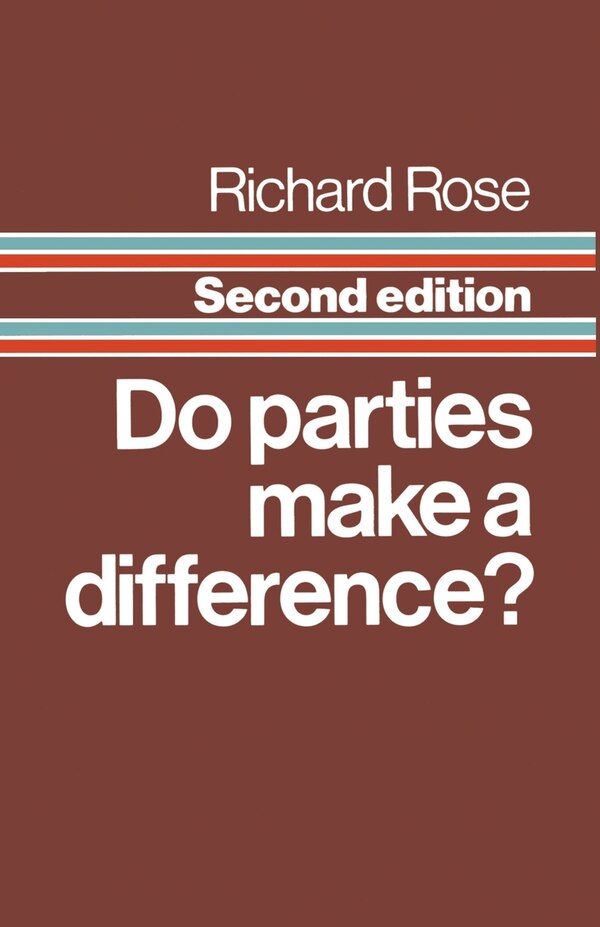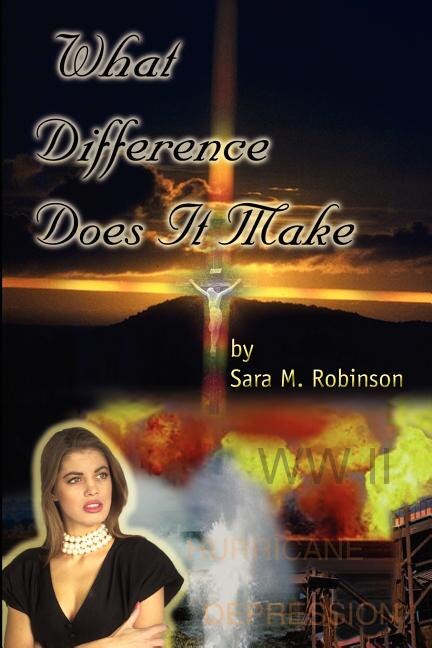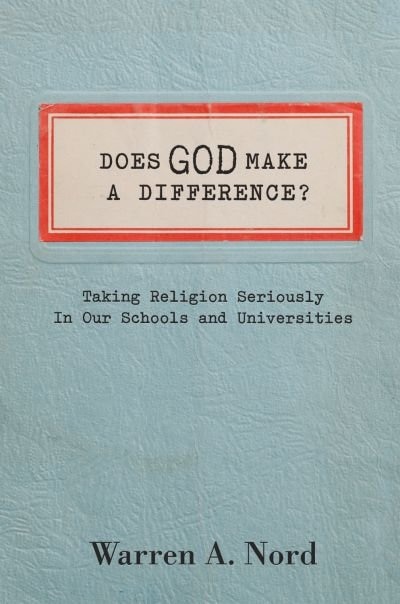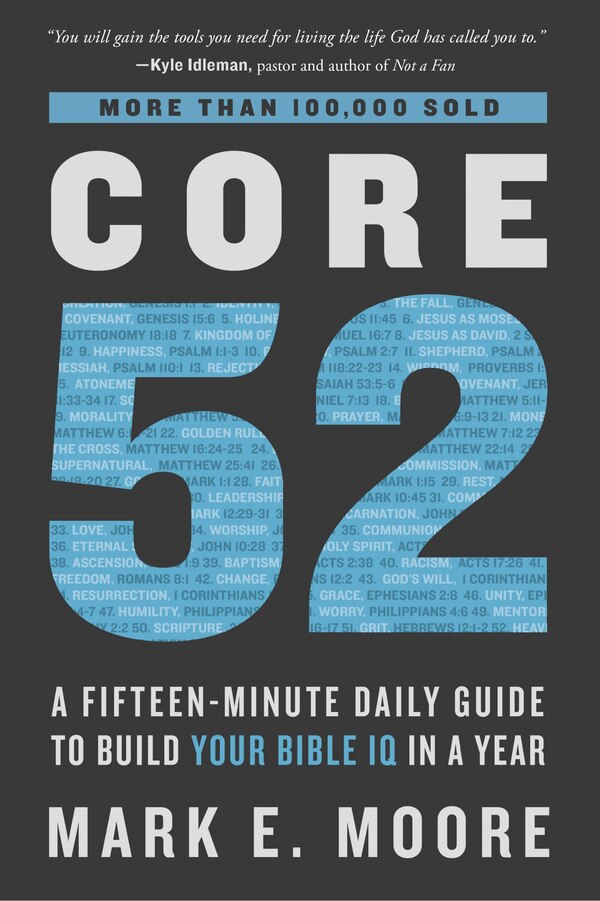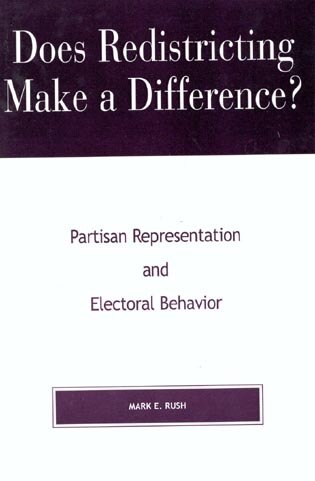
Compare Does Redistricting Make a Difference? by Mark E. Rush, Paperback | Indigo Chapters
Mark E. Rush
$67.99
In 1812 the Jeffersonian-dominated Massachusetts legislature, with the approval of Governor Elbridge Gerry, split Essex County in an effort to dilute the strength of the Federalists. Noting the resemblance of the new, oddly shaped district to a well-known amphibian, a local newspaper dubbed the creation a "gerrymander." Less well known about this oft-recounted episode of American history, writes political scientist Mark Rush, is its outcome: in the ensuing election, the Federalists won the district anyway. Today, politically divisive redistricting-gerrymandering to some-still causes bitter reapportionment disputes, renewed threats of class action lawsuits, and legislative wrangling. In Does Redistricting Make a Difference? Rush offers a skeptical inquiry into this controversy and a critical assessment of the assumptions underlying current analyses of the redistricting process. He focuses on long-term voting results in redrawn districts and concludes that redistricting-at least given present criteria and guidelines-has little impact. By showing how difficult it is to perpetrate a successful partisan gerrymander, Rush challenges the notion that an electorate can be organized into Democratic and Republican "groups." He further questions the validity of current political research-and highly paid political consulting-undertaken on the assumption that such organization is feasible. Certain to provoke discussion and debate, Does Redistricting make a Difference? is a timely look at a topic as controversial today as it was in the days of Elbridge Gerry. | Does Redistricting Make a Difference? by Mark E. Rush, Paperback | Indigo Chapters

